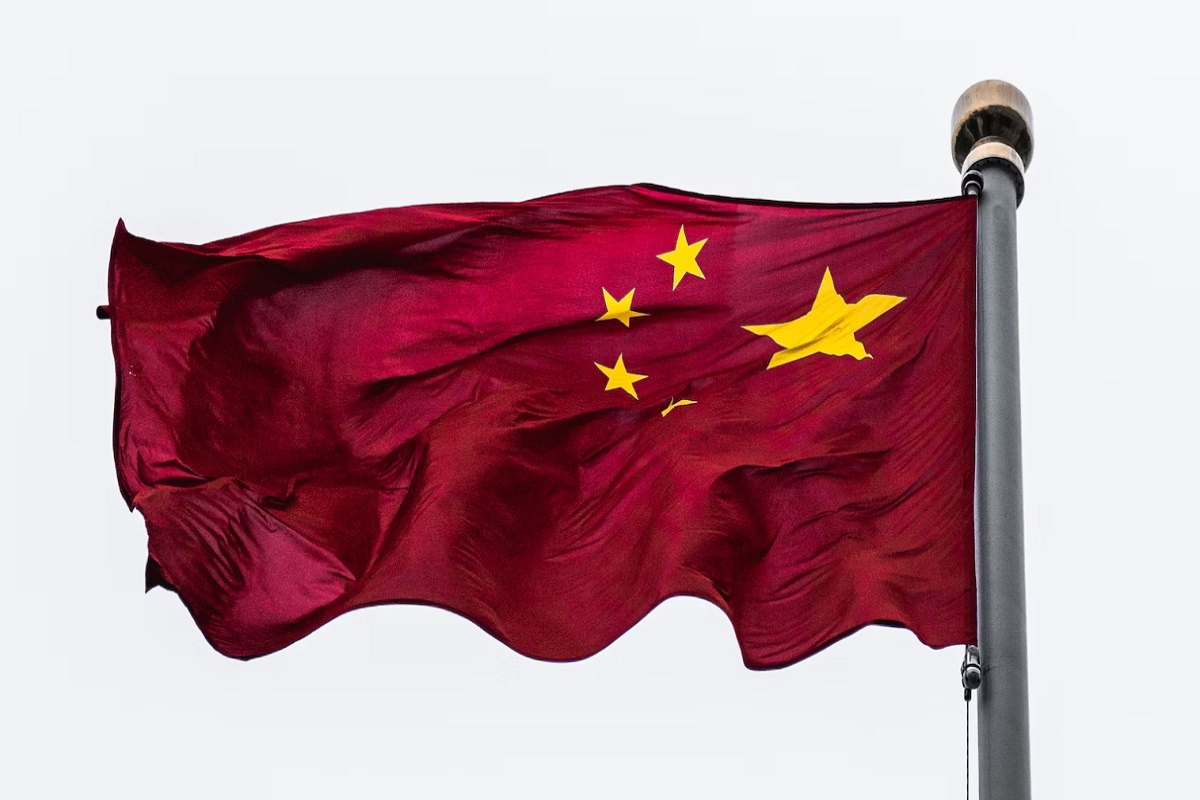By the end of August, the indicators of Chinese exports of two rare minerals that are used in the production of semiconductors dropped to zero.

The zero results of export activities related to minerals were recorded a month after Beijing imposed restrictions on the supply of relevant chemical substances to other countries. The Chinese authorities said that this decision was made as part of efforts to ensure national security. In this case, gallium and germanium are meant.
Beijing’s decision in the future will be a sensitive measure for the technology industry. China produces about 80% of the world’s gallium and about 60% of the world’s germanium. The relevant data were released by the Critical Raw Materials Alliance. The information published last Wednesday, September 20, by Chinese customs indicates that the country did not sell any of the mentioned minerals on international markets in August. In July, China exported 5.15 metric tons of gallium and 8.1 metric tons of forged products from germanium.
He Yadong, a representative of the Ministry of Commerce of China, on Thursday, September 21, during a press briefing, in response to a question about the termination of mineral supplies to other countries, said that the department had received applications for the export of these materials from several companies, and in some cases, positive decisions were made. He did not go into details, limiting himself to general information.
Beijing’s decision to stop the export of minerals, according to experts, is a confirmation of the readiness of the Chinese authorities to take countermeasures in response to the export control regime established by Washington. It also means that within the framework of this confrontation, representatives of the Asian side are not afraid of worsening prospects and opportunities for economic growth, which will either be limited or disappear altogether as tensions scale.
China is currently not in the best economic situation. There is a housing crisis in the country. The low level of consumer demand also aggravates the economic situation. In August, China’s exports were the smallest in the last three years. This circumstance has put a heavy burden on the restoration of the country’s economic system, which is a kind of episodic process with varying success.
Some analysts argue that Beijing’s decision to restrict mineral exports will have an impact on the industry on a global scale, but at the same time may provoke negative consequences for China. In their opinion, against the background of this measure, the process of withdrawing supply chains from the country may accelerate.
China can achieve absolute leadership in the production of germanium and gallium. But this prospect is not an obvious scenario and is not Beijing’s individual superpower as a functionary in the technological space. Eurasia Group analysts note that there are alternative manufacturers. Another important circumstance is the presence of substitutes for both materials.
Restricting export activities have already provoked consequences in the space of the Chinese economic system. The cost of gallium against the background of Beijing’s decision showed a drop. This was due to the fact that the export restriction entailed an increase in mineral reserves. Data from the Shanghai Metals Market indicate that on Thursday, June 21, the spot price for gallium was 1,900 yuan ($260) per metric ton. This indicator is almost 20% lower than the level of value that was recorded in early July.
But at the same time, the spot price for germanium rose slightly due to limited supplies, reaching 10,050 yuan ($1,376) per metric ton on Thursday.
In July, the Chinese authorities announced that these two elements, which are used in many products, including solar panels and computer chips, will be subject to export control in order to protect the interests of the state and ensure national security.
From August 1, exporters must apply for a special permit to export gallium and germanium from the country.
Beijing’s decision aggravates the confrontation with Washington as part of the struggle for access to advanced chip manufacturing technologies. This issue is fundamental since dominance in the innovation environment entails automatic superiority in other industries. Chips are used in a variety of developments and products, including smartphones and weapons. In a sense, advanced technologies are of existential importance, since they determine the level of development of a country and its competitiveness in all dimensions of the world space.
In October last year, the administration of US President Joe Biden unveiled a set of export control measures. The United States authorities have banned Chinese companies from buying advanced chips and equipment for their production without a license. This year, Japan and the Netherlands joined Washington’s campaign by implementing their own restrictive measures.
One of the first retaliatory actions of Beijing was an investigation into the American chip manufacturer Micron in the sphere of cybersecurity.
Experts are talking about the likelihood of new restrictive measures from Washington against the background of the debut of the Huawei Mate 60 Pro smartphone equipped with a chip created in defiance of US sanctions. Jefferies analysts said in an analytical note that this device has become a factor of political pressure on the United States. They expect Joe Biden to focus on tightening the export control regime in the fourth quarter of 2023.
U.S. Commerce Secretary Gina Raimondo, commenting on the debut of the smartphone, said there were no signs that Huawei and other technology companies have the ability to launch mass production of devices with advanced chips.









